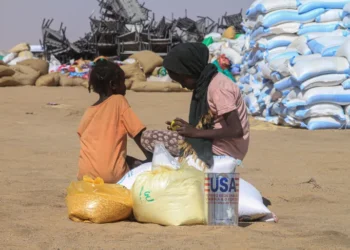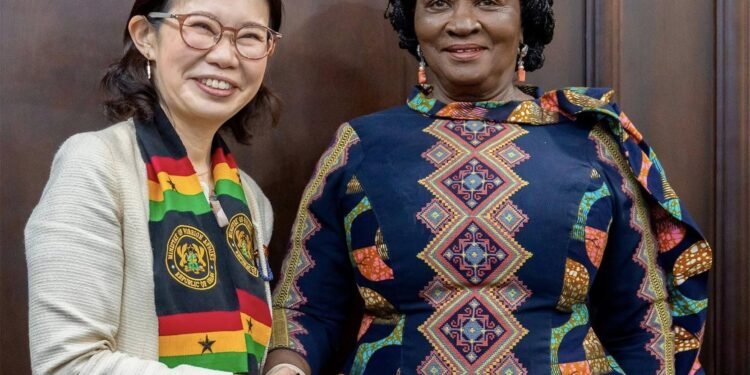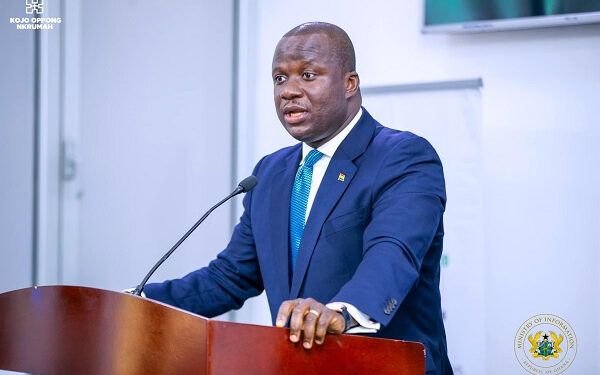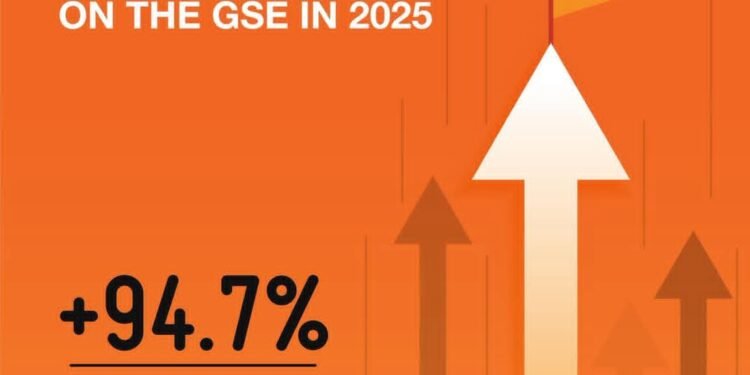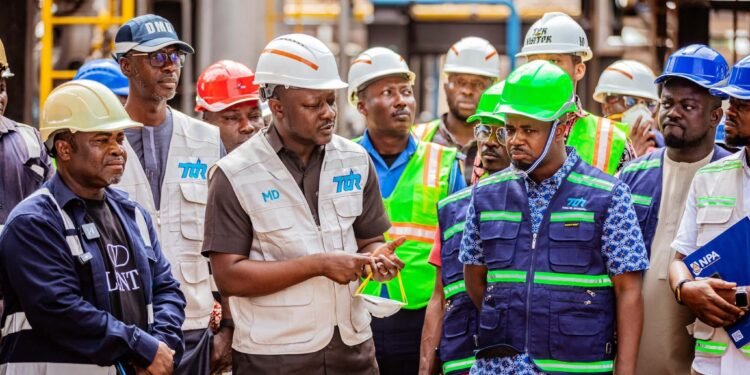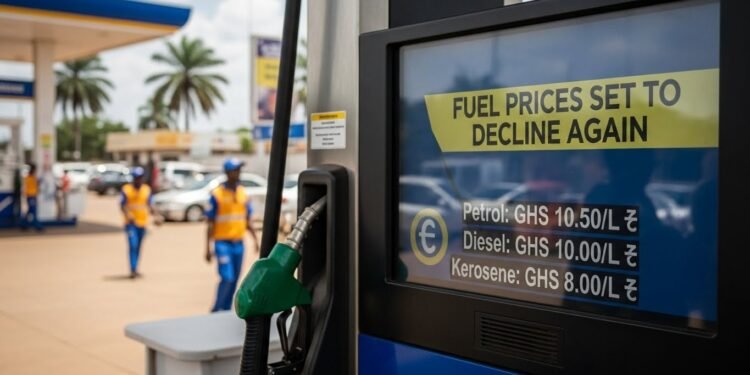The United Nations Secretary-General, António Guterres, has presented a $3.6 billion budget proposal for 2025, aiming to strengthen the organization’s efforts in peacekeeping, sustainable development, and human rights.
Speaking at the General Assembly’s Fifth Committee, Guterres outlined the urgency of this budget amid a world grappling with multiple crises. He stated, “In a context of major global shocks, the United Nations is more needed than ever.”
The proposal aligns with recent agreements, including the Pact for the Future, the Global Digital Compact, and the Declaration on Future Generations, all aimed at reforming international cooperation to be more inclusive, networked, and effective. Guterres emphasized that these agreements sign the UN’s commitment to fostering a fairer global system that benefits everyone.
Key Budget Provisions for 2025
The UN’s regular budget covers various programs, from political affairs and international justice to humanitarian efforts and public information. Guterres’ proposal includes 10,494 posts, a net increase of 115 positions to support new or enhanced mandates.
One of the notable elements in the 2025 budget is $711 million allocated for Special Political Missions (SPMs), reflecting a $31 million decrease due to the conclusion of field operations in Sudan and Iraq. This reduction allows for reallocating resources to other pressing issues while maintaining the focus on political stability in conflict-prone regions.
Significant funds are also earmarked for humanitarian causes. The budget allocates $50 million to the Peacebuilding Fund, addressing critical funding gaps. Additionally, the UN Human Rights Office (OHCHR) will see an $8 million boost to support regional initiatives, and the Independent Institution on Missing Persons in Syria will receive an extra $8.3 million.
Reforms in Focus Amid Development Priorities
The 2025 budget proposal also makes provisions for ongoing reforms within the organization. The System-Wide Evaluation Office will be placed on firmer financial footing, including regular budget funding.
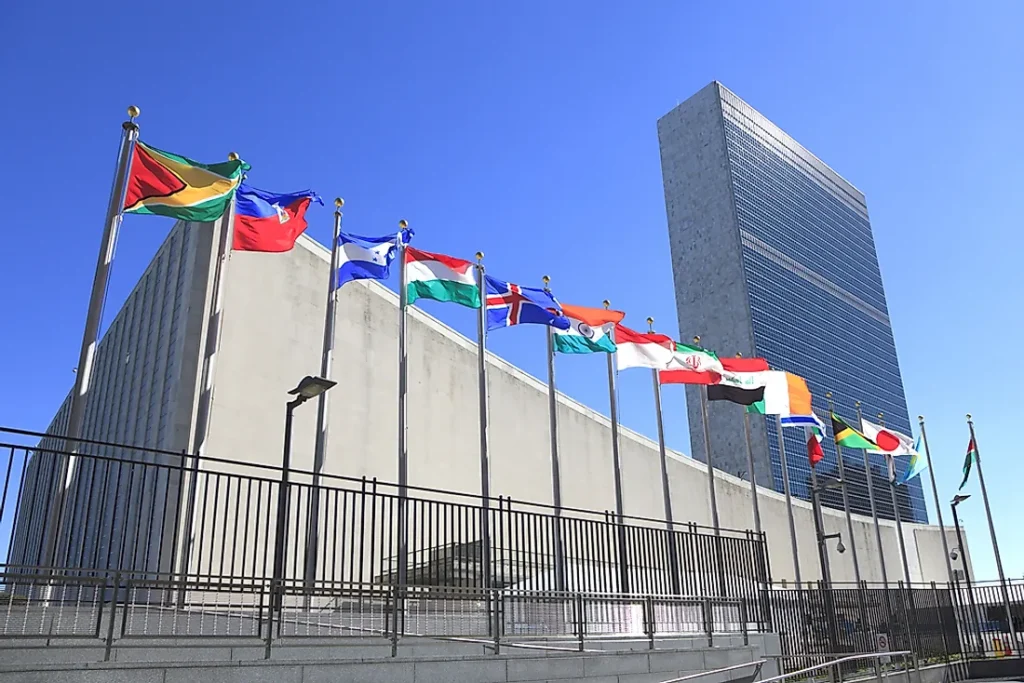
To strengthen internal oversight, the Office of Internal Oversight Services (OIOS) will see a $2 million increase, alongside more resources for the Ethics Office. These measures are designed to ensure accountability and transparency in the UN’s operations.
Sustainable development remains a priority, with an additional $4.5 million set aside for this cause. This includes $2 million for the Regular Programme of Technical Cooperation (RPTC) and an additional $500,000 for technical assistance aligned with the 2030 Agenda for Sustainable Development and Africa’s Agenda 2063.
Moreover, a further $1 million will go towards enhancing the Development Account, which provides targeted, country-specific support to nations in need.
Guterres also drew attention to the “chronic funding shortfall” in the Resident Coordinator system, calling for a sustainable and predictable financing mechanism that would partially rely on the regular budget.
Liquidity Concerns and Financial Stability
As the proposal was laid out, Guterres expressed concern over the UN’s financial liquidity, urging Member States to meet their financial obligations promptly.
He warned that the organization’s ability to meet its global mandates in 2025 hinges on the availability of funds, particularly as the UN started 2024 with only $67 million in cash — down significantly from $700 million the previous year.
To manage the potential cash shortfall, Guterres recommended that the General Assembly temporarily suspend the return of credits for 2023, keeping them in reserve until the financial situation improves. “Ultimately, the effectiveness of program delivery and use of financial resources in 2025 will depend on the availability of cash,” he cautioned.
Over the coming weeks, the Fifth Committee will discuss the proposal in-depth, including consultations with heads of UN departments and senior program managers. The committee will then submit its recommendations to the General Assembly plenary, which is expected to approve the budget by the end of December.
Despite numerous global challenges, this proposal represents the UN’s ongoing commitment to creating a peaceful, equitable, and sustainable future.









